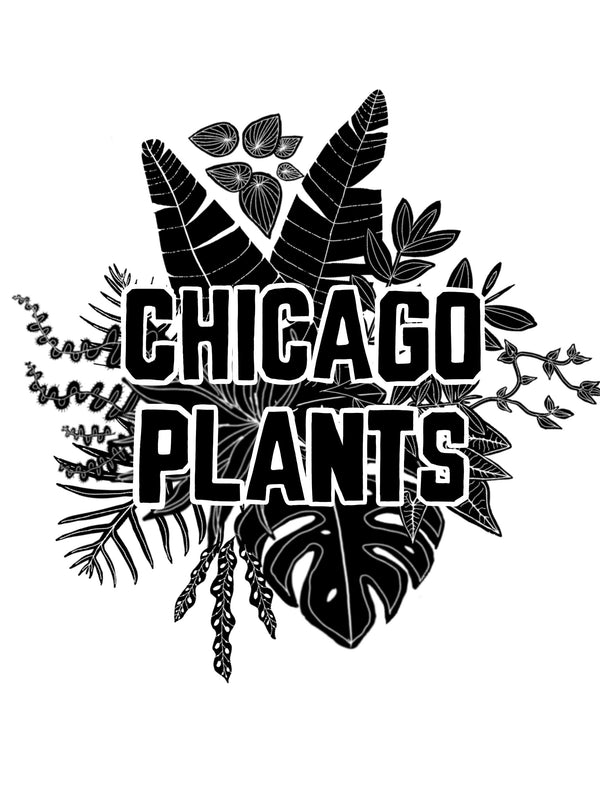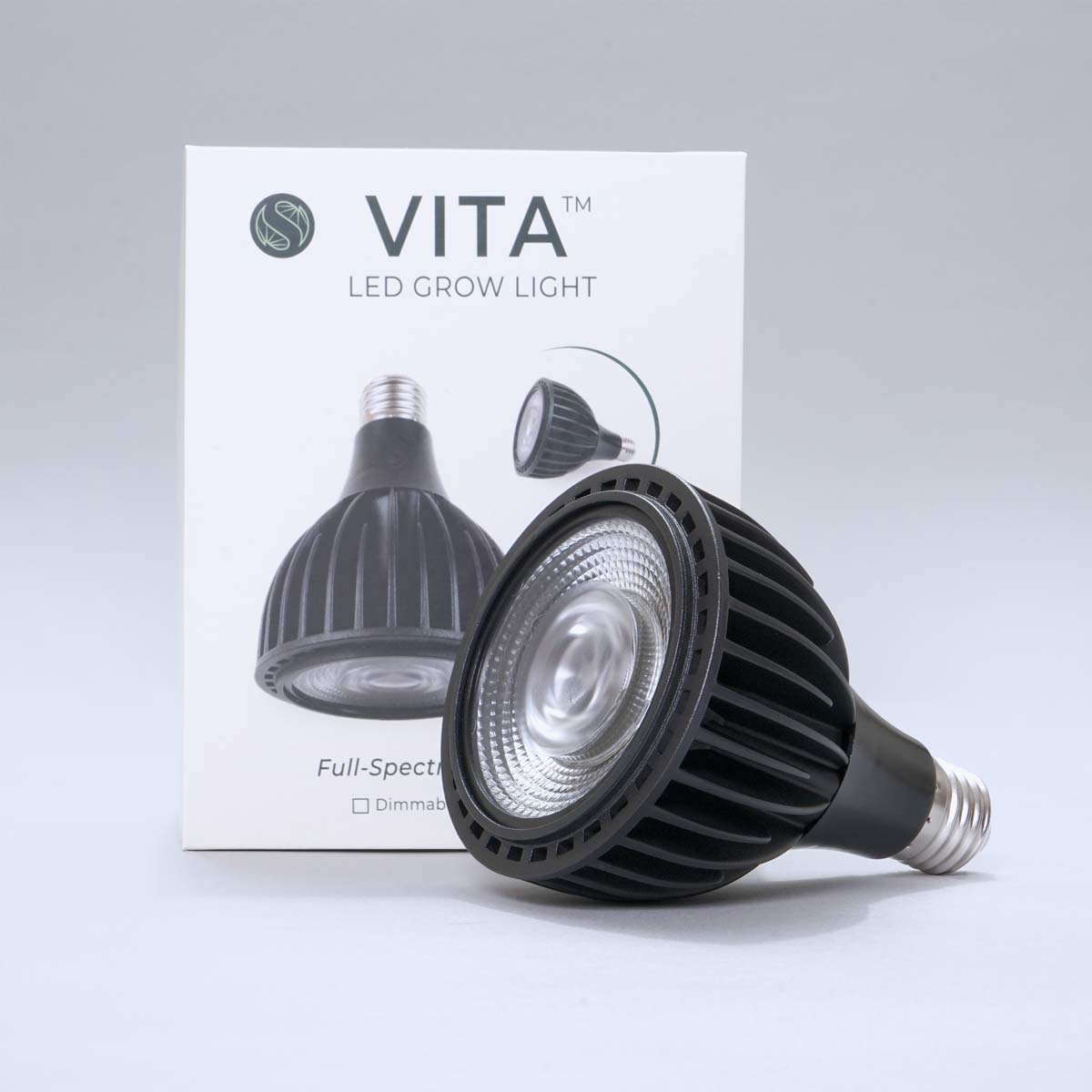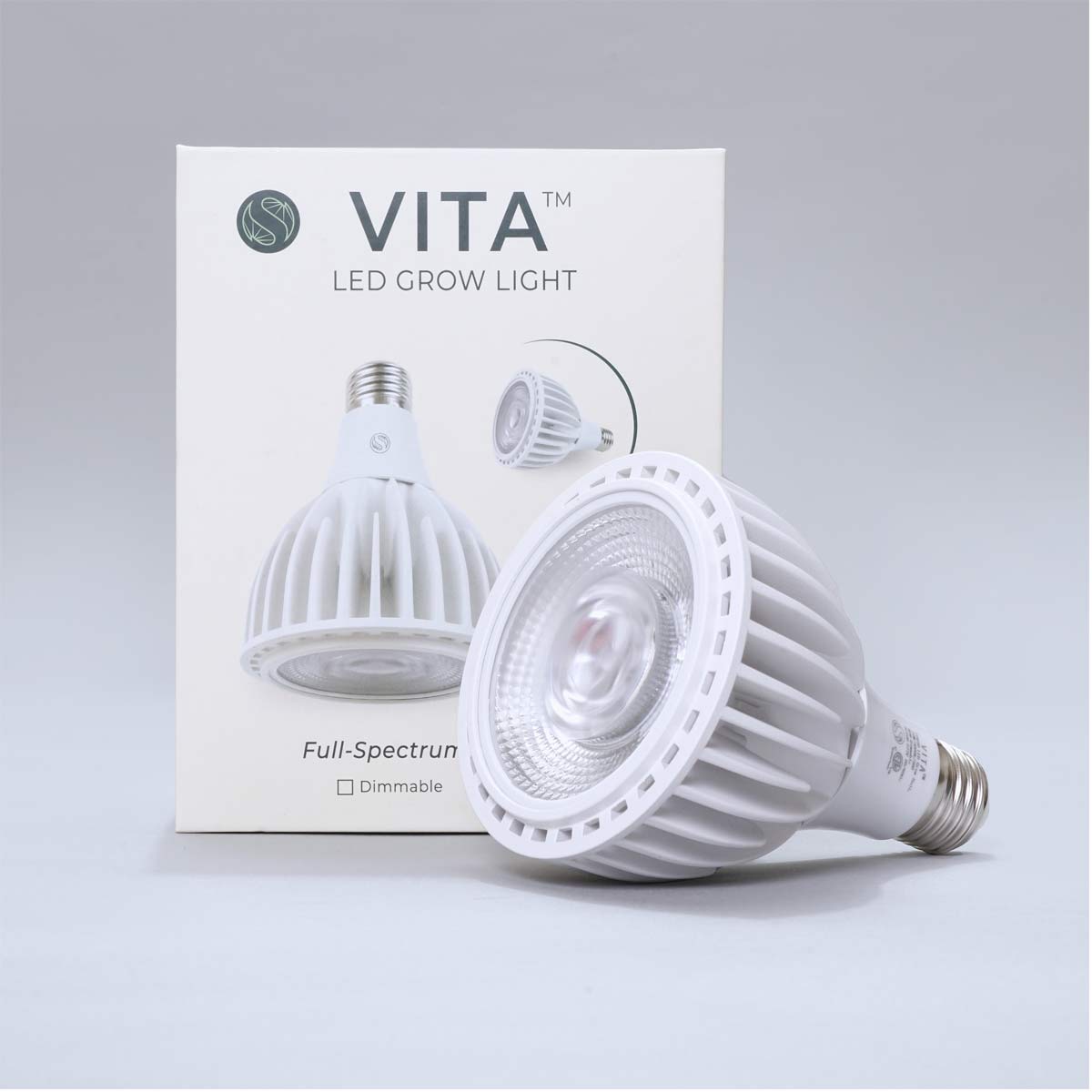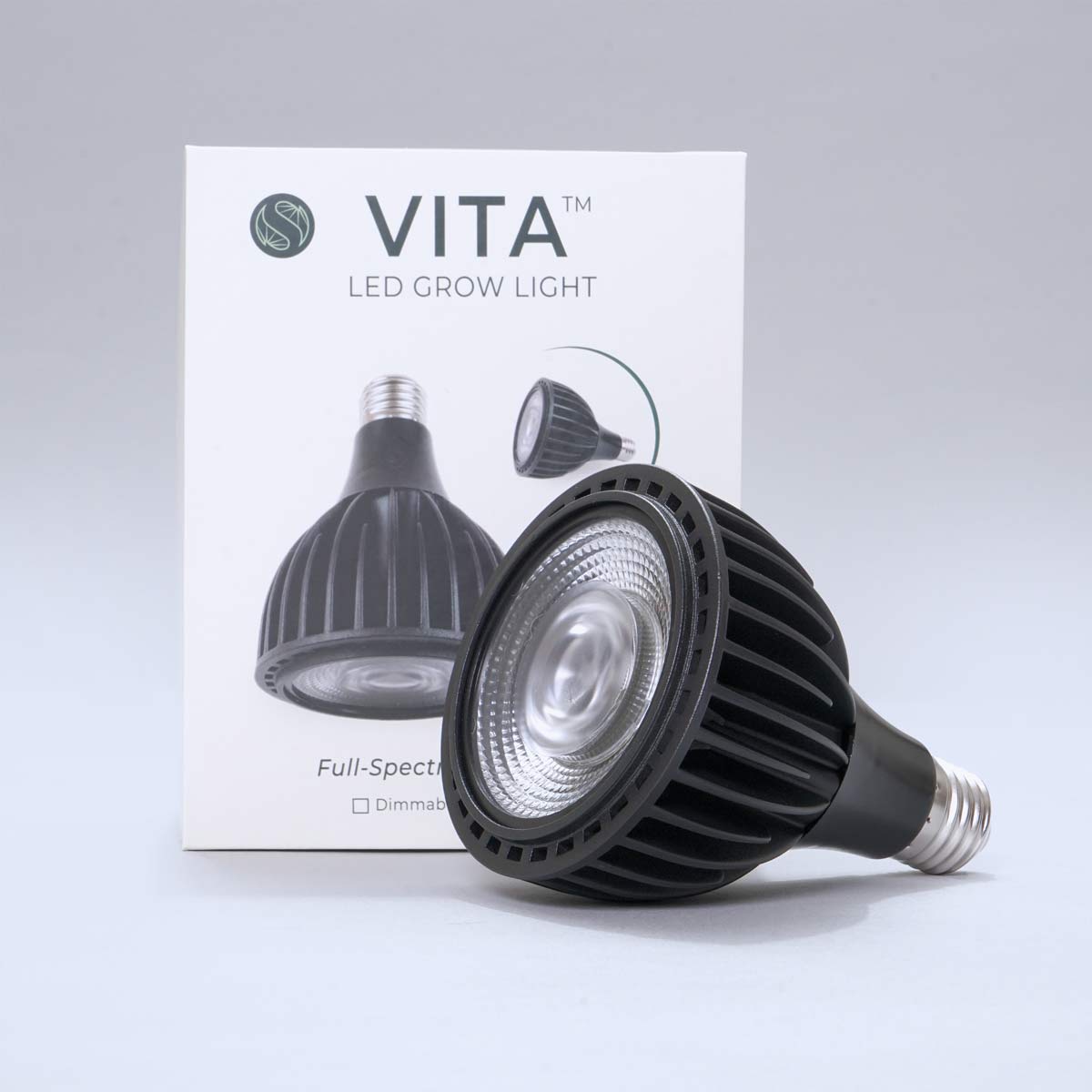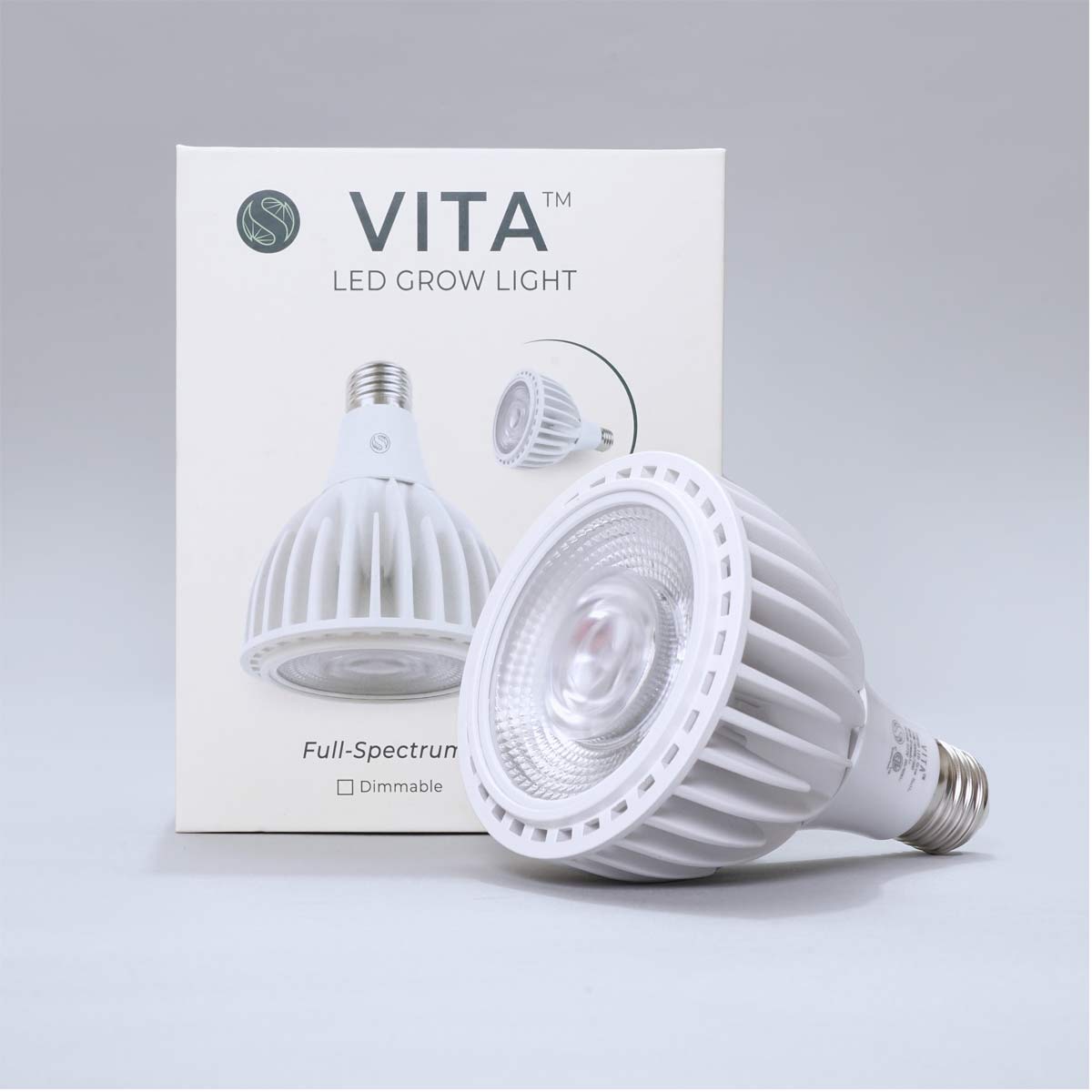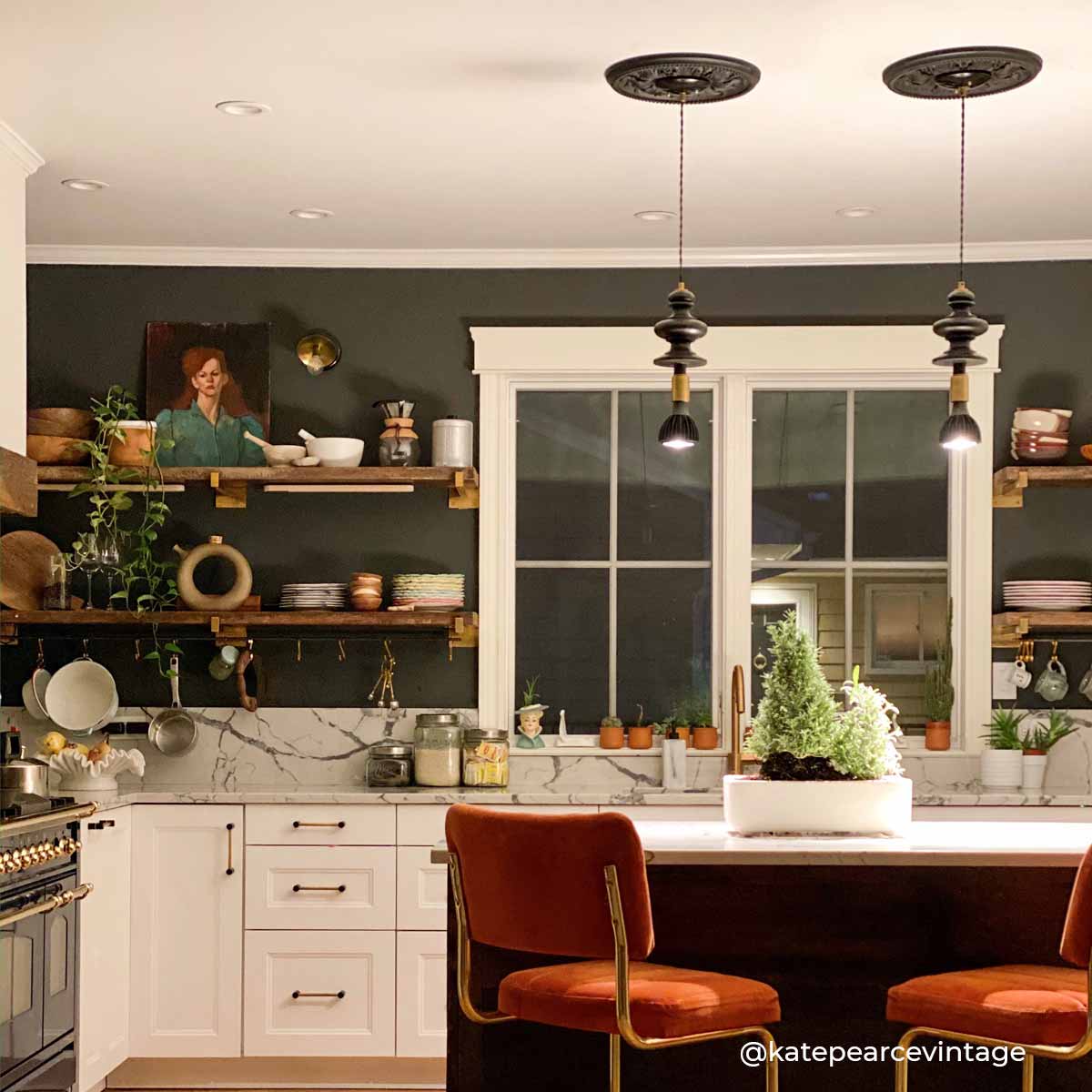The Thai Constellation Monstera has become one of the most highly sought-after plants in recent years. Due to the rare mutation which is responsible for the stunning pattern and colors, they are difficult to mass produce using the same means of cultivation used for most plants.
- Light
Bright light is incredibly important with the Thai Constellation. Not only will insufficient light cause poor growth, but in rare cases, the Thai will 'revert', causing the mutation to go dormant and it will start putting out leaves which look like an ordinary Monstera.
Bright, indirect light is best. While low-light conditions will result in the aforementioned issues, excessive direct-light can cause leaf scorching, especially apparent in the variegated leaves. If you do not have the ideal light conditions in your home, using a high quality grow light like Soltech will be the best way to provide your Thai with optimal light conditions.
- Water
- Humidity
Given the delicate nature of Thai leaves, ambient humidity will be crucial to facilitate healthy new growth, as well as the plant's ability to maintain the integrity of existing leaves.
50% relative humidity is the absolute minimum required, however it will be happiest at levels closer to 60%. A humidifier is an absolute must to achieve these levels of humidity outside of the naturally humid summer months.
- Soil
- Fertilizer
If growing in a coco/perlite medium, fertilizer is administered in every watering. If, however, you are growing in an all-purpose soil, fertilizing every other watering during the spring and summer months will be best to keep your Thai happy and healthy.
FAQ's
- Pet friendly?
